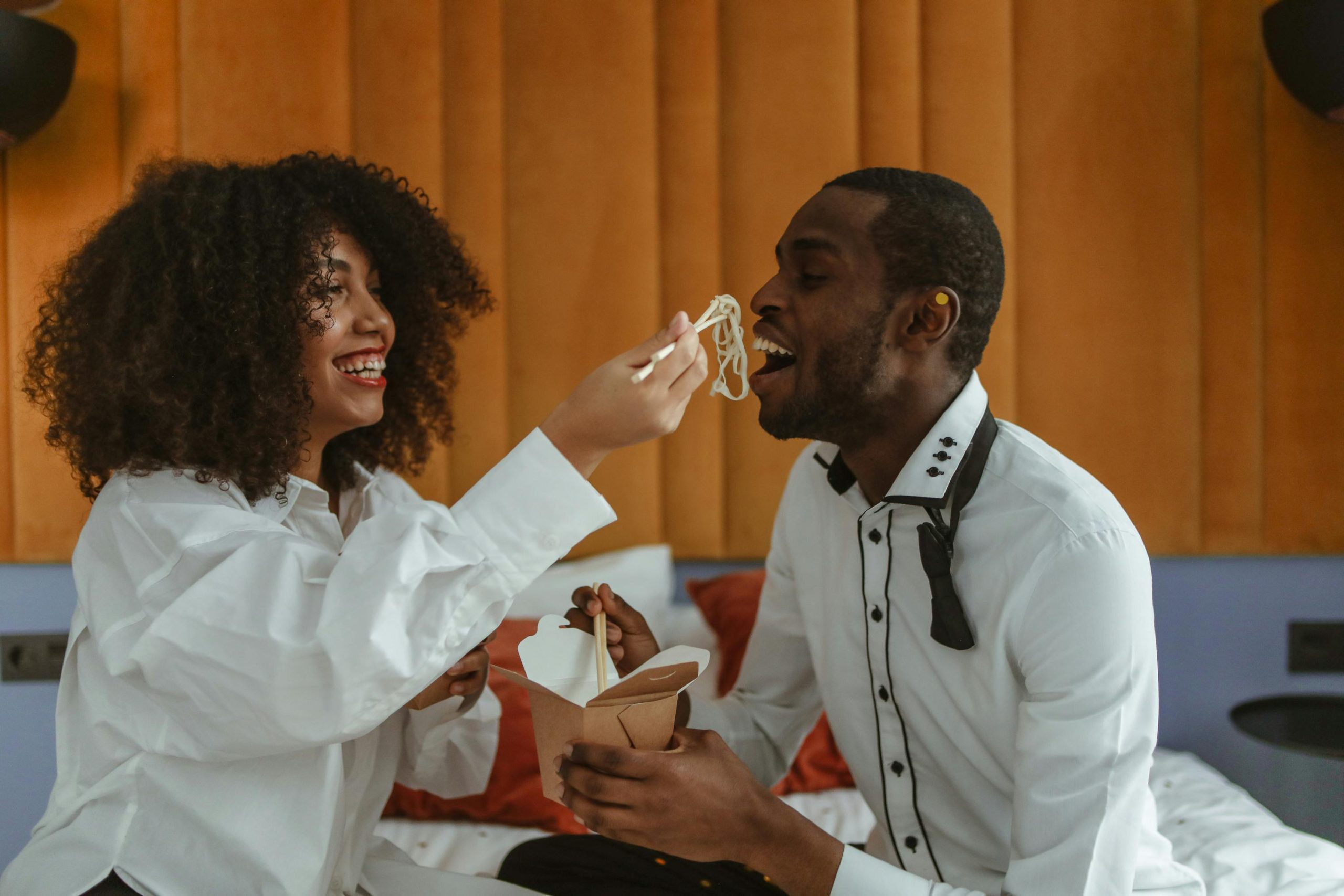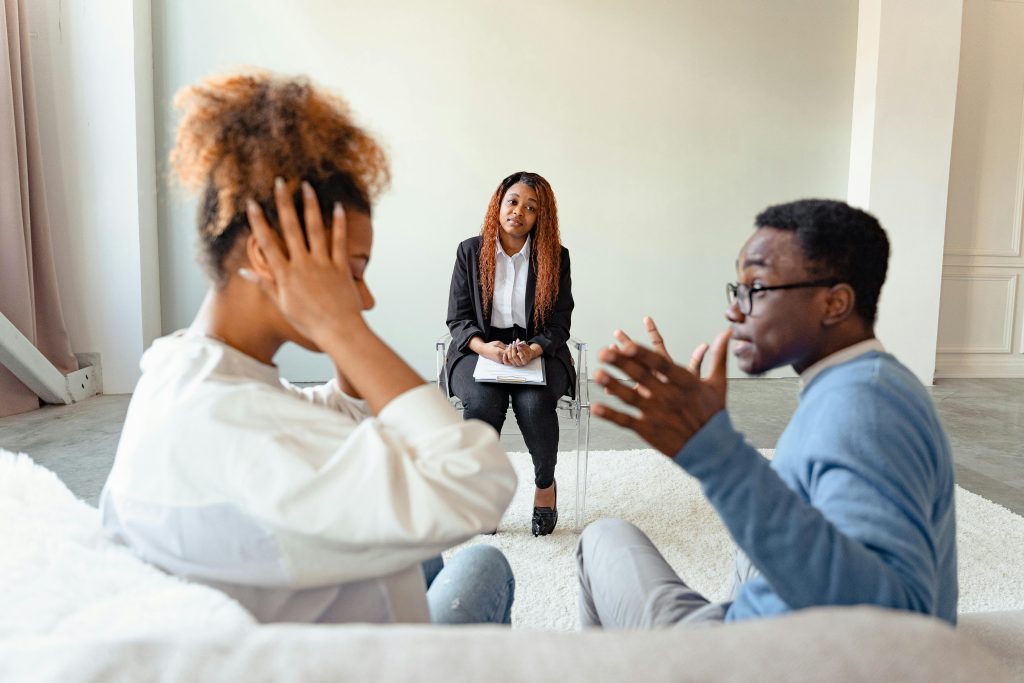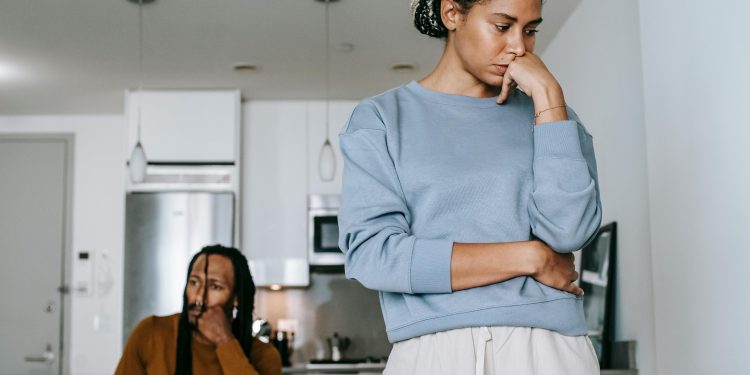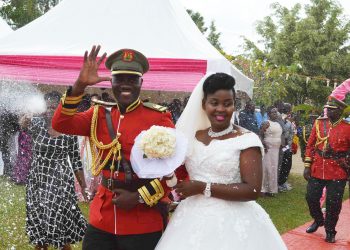After months of planning, celebrating and sharing every detail on social media, the big day finally happens. The vows are said, the cake is cut, the last dance is danced, and then suddenly, it is over. For many newlyweds, the period right after the wedding can bring unexpected feelings of sadness, emptiness or anxiety. This emotional dip is often called the post-wedding blues.
While it is not widely discussed in Uganda, the feeling is more common than you might imagine. It does not mean you regret getting married or that your love is in trouble; it is simply a natural response to a major life transition.
Why post-wedding blues happen
Clinical psychologist and clinical fellow of The American Association of Marriage and Family Therapy, Dr Elizabeth Earnshaw, explains that several factors converge once the wedding ends. First comes the abrupt drop in adrenaline. Wedding planning delivers months of constant stimulation; when that stimulation vanishes overnight, the brain can feel strangely empty. There is also the sudden loss of the “bride” or “groom” identity, roles that have dominated daily life and conversation. Add the gap between fairy-tale expectations and everyday reality, plus the disappearance of round-the-clock attention from friends and family, and it becomes clear why even the happiest couples can feel low.
Voices from Ugandan couples
Linda and Daniel, who married in Entebbe last year, recall returning from their honeymoon to what Linda calls “total silence.” No WhatsApp groups buzzing, no dress fittings, no errands. “I started to think something was wrong with me for missing the chaos,” she says. Daniel felt the same: “I expected marriage to feel instantly different, but it was life as usual, only with dishes and bills.”
A quick poll in a Ugandan bridal Facebook group echoed their experience; more than half of the respondents admitted to feeling “down” or “lost” once the wedding glow faded.
Acknowledge the shift
Start by treating the emotion as normal, not shameful. Speak openly with your spouse if either of you feels low. Naming the transition reduces its power and reminds both partners that you are navigating it together.

Focus on the marriage
Family therapist Dr Joyce Namirembe advises couples to invest in emotional intimacy right away. The wedding was one day; the marriage is a lifelong project. Establish simple routines such as weekly check-ins, shared prayer, or evening walks. These habits ground the relationship in everyday connection.
Rest and reset
Weddings exhaust the mind and body. Permit yourselves to recover. A brief staycation, a social-media detox or quiet evenings at home can help you recharge before diving back into work and social obligations.
Look forward together. Whether it is starting a joint savings plan, furnishing your first home or booking a weekend away, fresh goals shift the focus from what has ended to what is beginning.
Keep social media in its place
Remember that Instagram shows highlights, not reality. Limit screen time if comparisons spark envy or sadness. Curate feeds that uplift rather than pressure you.
Seek support when needed
Should the blues linger for several weeks or deepen into persistent sadness, professional guidance can help. Uganda’s network of counsellors is growing, and many now offer both in-person and online sessions.
The journey ahead
Experiencing post-wedding blues simply means you are human. Your love story is not defined by one celebration but by the daily acts of kindness, patience and shared vision that follow. When the guests go home and the dress is packed away, the real adventure begins, and with mindful care, that adventure can be even more joyful than the day you said “I do.”

Where to find help
Healing Talk Counselling Services, Kampala
Call +256 702 868 836 for individual and couple therapy.
Serenity Centre Uganda
Visit www.serenitycentre.org for mental-health counselling and relationship support.
Joy for Humanity Counselling Clinic, Mpigi & Online
Reach them on +256 782 666 566 for affordable post-marital counselling.
Ministry of Health Toll-Free Mental Health Line
Dial 0800 200 600 for round-the-clock emotional support and referrals.










